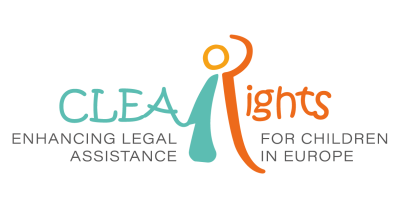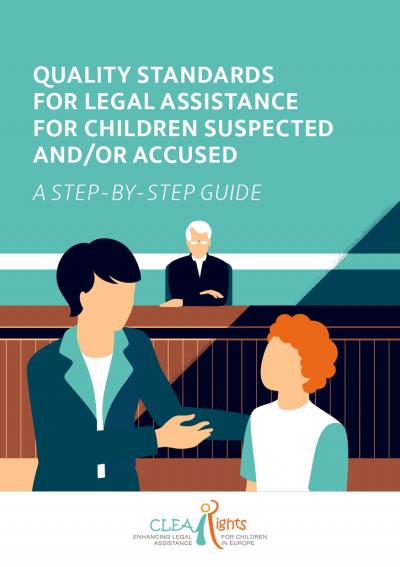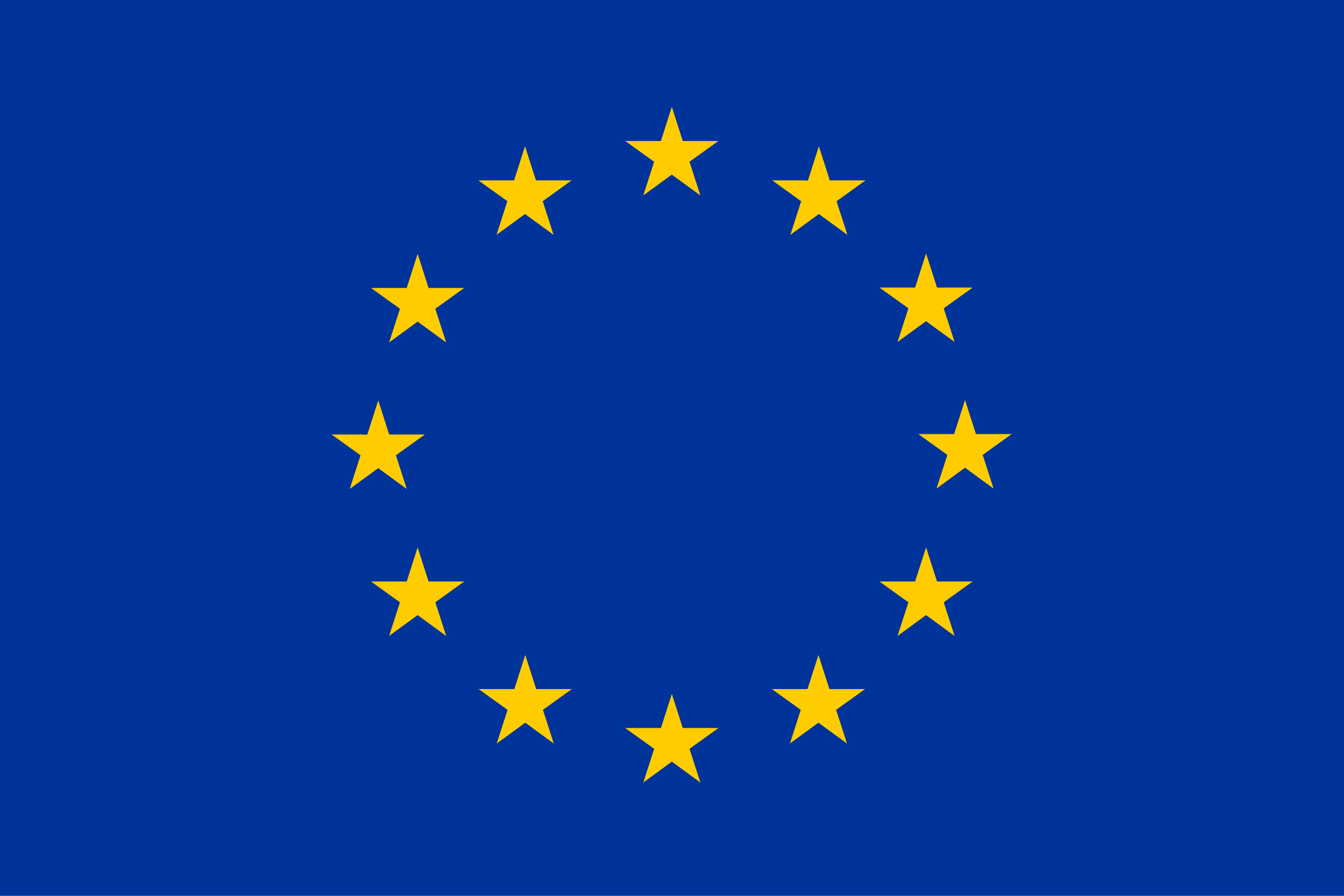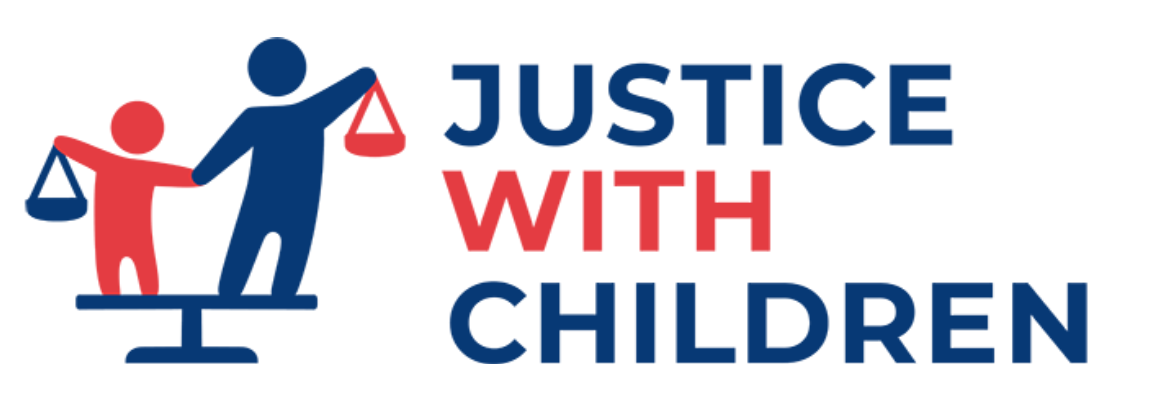- Log in to post comments

Children in conflict with the law are entitled to quality legal assistance. However, for many of them in Europe, it remains difficult to have access to it. Gaps in terms of availability, accessibility, acceptability, and adaptability of legal assistance have been identified during the review of the situation led in Belgium, France, Hungary, Romania, and The Netherlands during the first phase of the CLEAR-Rights project . Knowledge of children’s rights and child justice by lawyers, can still be improved. In addition, the lack of interdisciplinary knowledge is still an important obstacle for lawyers to understand the specific situation of each child and, therefore, to suggest relevant and appropriate measures. In most countries, lawyers recognise they need to gain more knowledge on child-friendly communication and a child-sensitive approach. This limits lawyers’ capacity to understand the child and carry his or her voice during the procedures. Several initiatives and capacity building projects exist, but the costs of the training and the work overload are still an important obstacle. Several quality standards have been identified and covers inter alia the availability of the lawyer at each step of the proceeding and the appropriate and effective role of the lawyer. These standards are essential to ensure that the child benefit from the assistant he or she needs. However, official quality standards (endorsed by public institutions or bars) on legal aid for children are often not in place.
The project In order to respond to these gaps, the ‘CLEAR-Rights: enhancing legal assistance for children in conflict with the law in Europe’ project (“CLEAR-Rights Project”) has been established with funding from the Justice Programme of the EU. The CLEAR-Rights project is coordinated by the Regional Office of Terre des hommes in Europe and is implemented in partnership with the Alliance of Lawyers for Human Rights (AADH) in France, Defence for Children International (DCI) - Belgium, Defence for Children the Netherlands (DCI NL), PILnet and Terre des hommes Romania. The overall aim is to improve the standard of legal assistance available for children in conflict with the law. The CLEAR-Rights Project partners contracted the organisation Peace of Mind Afghanistan (POMA) and Lea Hungerbühler as consultants to establish guidelines and quality standards for legal assistance to children in conflict with the law, in an effort to increase access and quality of child-specific legal assistance in Europe.
This document shall serve as a knowledge base to legal professionals. It contains:
- 14 Quality Standards, listing core principles (i.e., participatory, child-centred, safe and protective etc.). Measuring indicators for the Standards are proposed, which mirror the key values, requirements and standards relevant when a lawyer represents or gives advice to a child in conflict with the law.
- a Step-by-step Guide with precise instructions for lawyers to follow on how to provide legal assistance to children. The Guide is designed as a tool that can be used on short notice and that will guide a lawyer through the relevant phases of representing a child in conflict with the law. The Step-by-step guide also provides information about recognizing risks and making appropriate referrals to other professionals as needed; especially if the child is experiencing mental health challenges.
You'll find below these documents in English, Dutch, French, Hungarian and Romanian. A child-friendly version of the Quality Standards will be available soon.



